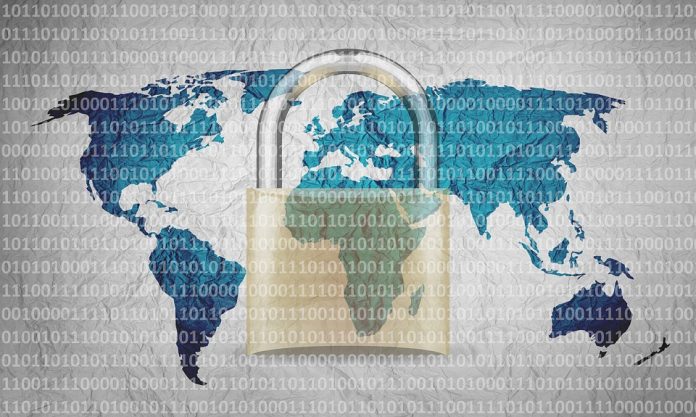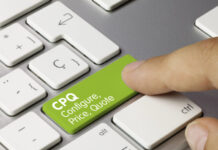Just because you have opted for a dedicated server to ensure your WordPress site runs efficiently and quickly, that doesn’t mean you can forget about all other security measures. Even with the peace of mind a dedicated server provides, there are still several security steps you should follow to help prevent a web attack.
Change Your Username ASAP
When you first start your WordPress site, the default username is “admin.” As such, this is often the first username hackers will try to get into your site—and you would be surprised how many times it is successful. While it may seem like a minor inconvenience, always take the time to change your username to something more personal.
Update Your Passwords Often
Just like an obvious username can put you at risk, an easy password is a hacker’s dream. Many of them just use a computer to randomly guess different combinations of usernames and passwords, so they can be in your site in no time.
Yes, it is easier to just use the same password for everything and never change it, but this puts you at a huge risk of an attack. Instead, set a reminder to update your passwords every month or two, and make sure you choose something completely unique each time.
Make Sure All Updates Are Installed
Applications and plug-ins all come out with regular updates, and you should make sure you stay on top of them. Ideally, you will be notified anytime there is an update, but that is not always the case. Regularly check for any existing security updates for any of your software and install them as soon as you can. These updates exist for a reason, and it’s usually because the developer found a flaw that allows hackers easy access to launch cyberattacks against businesses. By updating as soon as possible, you can make sure your site isn’t at risk.
Eliminate Unused Plug-ins
You love your WordPress plug-ins because they make your site more functional; however, if a plug-in no longer serves you, it can do just the opposite. Not only do they take up storage space, but they make your site vulnerable. As soon as you are done with a plug-in, delete it. And check your plug-ins every few months to make sure there aren’t any you missed.
Use Themes and Plug-ins from Trusted Sources
While the abundance of themes and plug-ins available for your site are part of the draw to WordPress, you have to be very careful before you download one. Since most of these are from open sources, it can be challenging to know which ones are legit and which ones are not. Ideally, you would only download from sources you trust, and you should also have anti-virus security software installed just in case.
Log in on Secure Networks Only
The free Wi-Fi at the coffee shop may be nice for perusing your favorite social network, but never login to your WordPress site or server dashboard while connected to one. These unsecured networks are the easiest to hack, and when you log in, you are transmitting your private data, making it effortless for even a novice hacker to get into your account. Always make sure you are connected to a trusted network, such as your own password-protected Wi-Fi, when accessing your account. And make sure your employees do the same.
Choose a Dedicated Server with Built-in DDoS Protection
DDoS attacks are extremely common, and they can be extremely problematic. Essentially, a DDoS attack is when a hacker floods your site with fake traffic in an effort to dramatically slow down your site or shut it down altogether. To provide yourself protection against this, opt for a dedicated server with built-in protection against DDoS attacks. This way, potentially harmful traffic will be filtered out so only your real users can get into your site.
Employ Two-Step Authentication
To give your site further security, you should enable two-step authentication. Basically, this means that anyone who tries to log in to your site on an unrecognized device will have to verify their identity in two ways. This usually means entering the correct login password as well as confirming an access code that is sent to them via text message or email. If they do not have the phone number or email on file, they will not receive the second verification and will not be granted access.
While a dedicated server is a great first step to protecting your WordPress site, you will also want to make sure to implement the aforementioned security measures to greatly reduce your risk of an attack.















































